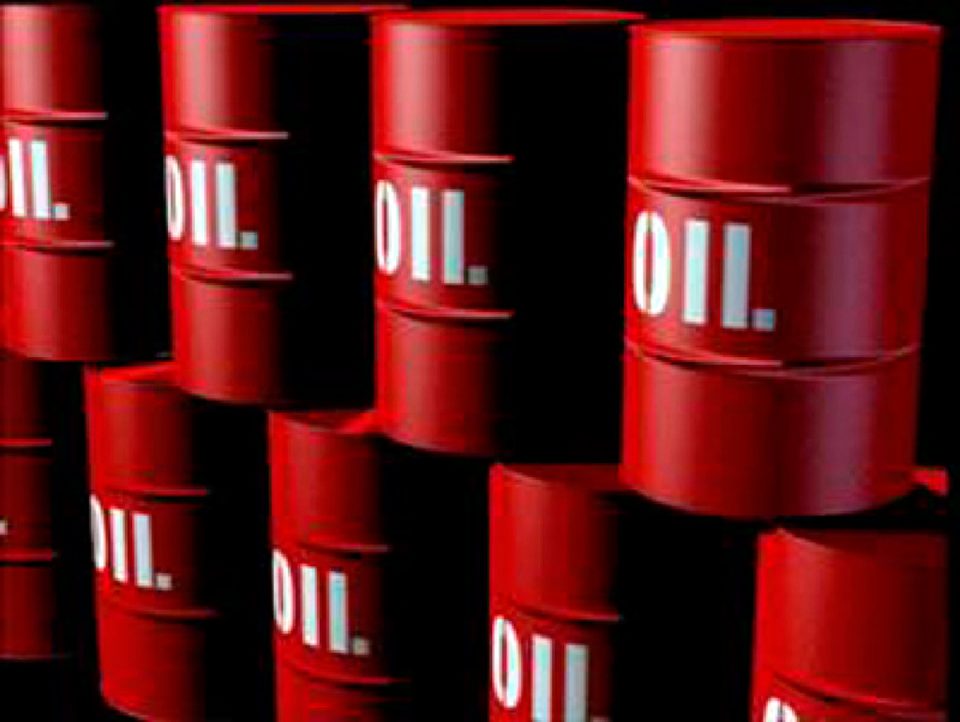Oil prices fell on Thursday after a meeting of the OPEC+ alliance yielded no decision on deepening supply cuts but focused instead on bringing Nigerian and Iraqi output down to their agreed quotas.
Oil came under further pressure after the European Central Bank cut its deposit rate to a record low -0.5 per cent from -0.4 per cent and said it will restart bond purchases of 20 billion euros a month from November to prop up eurozone growth.
Brent crude futures LCOc1 were down $1.20 cents at $59.61 a barrel by 1237 GMT.
U.S. West Texas Intermediate futures CLc1 fell 96 cents to $54.79.
Both were heading for a third session of losses.
Saudi Arabia’s new Energy Minister, Prince Abdulaziz bin Salman, said deeper cuts would not be decided before a meeting of the Organisation of the Petroleum Exporting Countries (OPEC) planned for December.
Abdulaziz said, however, his country would keep cutting by more than it pledged in a deal that has throttled supply by OPEC and its allies by 1.2 million barrels per day.
Nigeria, Iraq and Russia have, at times, produced above their quota.
A statement from OPEC and its allies, a grouping known as OPEC+, said oil stocks in industrial countries remained above the five-year average.
Oman’s Energy Minister said “the outlook is not very good for 2020’’.
Both crude benchmarks fell sharply the previous day following a report that U.S. President Donald Trump had weighed easing sanctions on Iran, a move that would potentially boost global crude supply.
“The drop is due to a combination of reports of Trump and Iran, the ECB easing, which pushed up the dollar which hurt oil,’’ said David Madden, an analyst at CMC Markets.
Also feeding the bearish sentiment, the International Energy Agency, which advises industrial economies on energy policy, said surging U.S. output would make balancing the market “daunting” in 2020.
The Paris-based agency kept its oil demand growth forecasts for this and next year at 1.1 million bpd and 1.3 million bpd, respectively.
“There is not a lot of room for any waiver on Iranian crude oil imports,’’ said Petromatrix analyst, Olivier Jakob, pointing to likely inventory builds in the first half of next year.
Supporting prices earlier in Thursday’s session, China and the U.S. made some concessions in a protracted trade war, which has weighed on oil demand forecasts, ahead of a planned meeting in coming days.
Also giving a floor to prices, the U.S. Energy Information Administration said on Wednesday that U.S. crude oil stockpiles fell last week to their lowest in nearly a year, as refineries raised output and imports fell.




